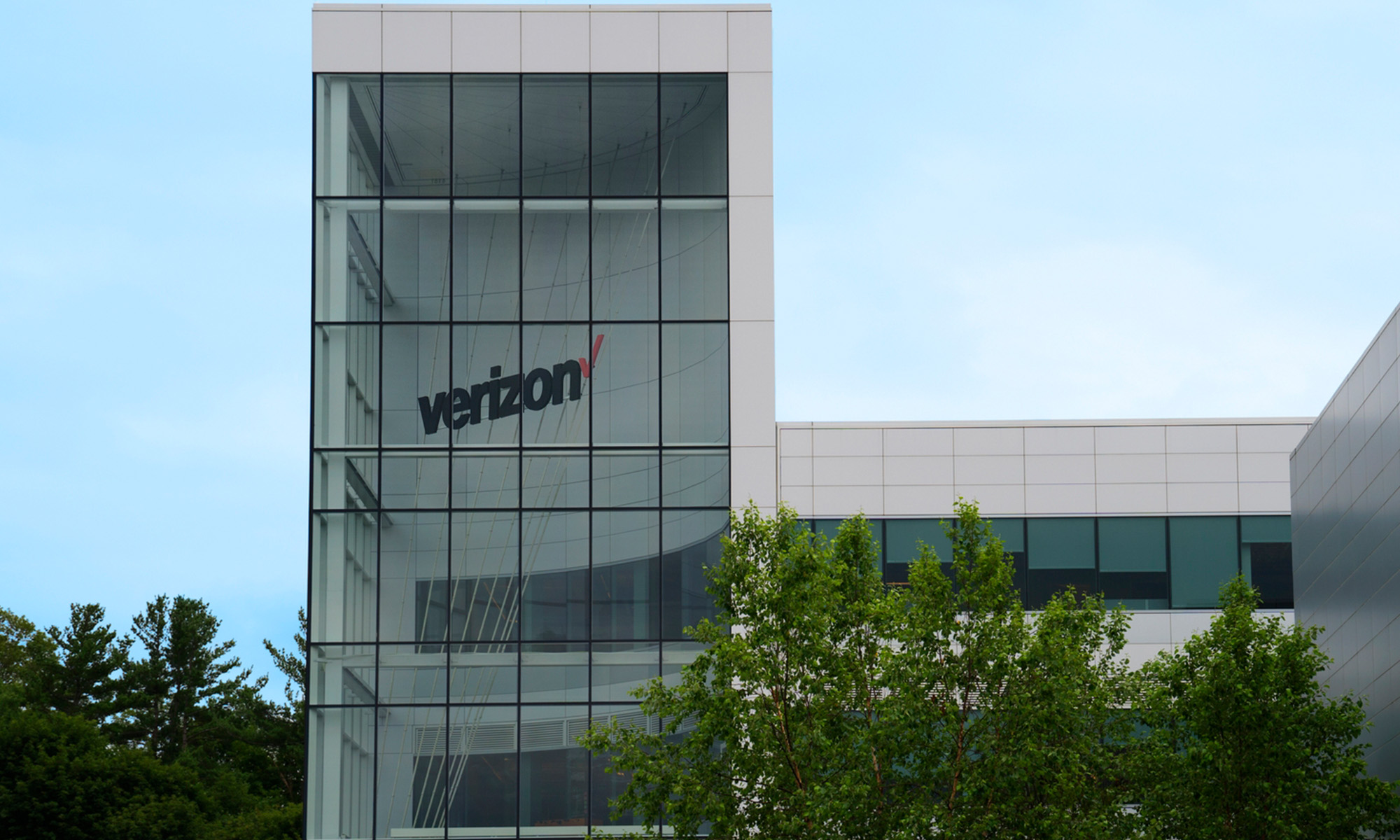While public interest in the NSA surveillance scandal has somewhat waned in the United States, it remains alive and well overseas. Today, the latest American company to take a hit was Verizon Communications (VZ +0.07%), when the German government announced it was canceling its contract, citing the close ties between the NSA and the major U.S. telecoms as a reason.
The German Interior Ministry has said that the nation needs a "high level of security for its critical networks," and it simply can't trust a U.S. company to provide that anymore. Verizon has been directly implicated in some of the biggest NSA scandals, including being forced to hand over phone records by the millions.
The timing of the announcement underscores how little the international targets of surveillance think of America's watered-down reforms thus far. While there is some talk now of granting EU nations and citizens a measure of data privacy, there will inevitably be questions of how well those protections are honored, given the NSA's history of bending (if not outright breaking) the law.
What this means for Verizon
What does this mean for Verizon going forward? While the German government in and of itself is not a huge revenue generator, recent efforts to expand Verizon's overseas businesses are likely to be negatively affected as well. Having the German Republic dub you a security risk is a big vote of no confidence that could likely reverberate across the region.
That said, Verizon remains a U.S.-centric company, and it's American business probably won't be hurt by this. After all, the NSA problem exists for every U.S. operator, meaning Verizon is no more or less of a threat to Americans' privacy than any other telecom company.
Currently, the stock trades at a modest 10.99 times earnings and sports a nice 4.3% dividend yield. The company also has a mountain of debt, however, of over $100 billion, and growth was expected to come primarily from overseas going forward. That growth may not stall entirely, but it's clearly been hurt.
The replacement telecom
Germany's government is already doing business with Deutsche Telekom (DTEGY 0.06%), and with its T-Online unit, Germany's largest Internet service provider, it is the most likely beneficiary of a flight to confidence by Europeans.
Deutsche Telekom has also aggressively marketed secure devices as a hedge against NSA intrusion, and seems to be very aware that this scandal can be parlayed into big gains. Deutsche Telekom is a bit pricier than Verizon by the numbers, with a P/E of 26 and a 4% dividend yield. With a PEG ratio of 0.82, however, there is a lot of growth to be factored into this, and plenty of reason for optimism.
The wildcard: Vodafone
Another big player in Europe, in Germany in particular, is Vodafone (VOD 0.11%), a British-based company whose recent hostile takeover of Kabel Deutschland gives it a strong foothold in the German market.
Vodafone has the advantage of not being an American company, but the Five Eyes alliance has spread some of the NSA taint to other English-speaking nations. Still, it is a company based in an EU member nation, so its trustworthiness in the EU is likely stronger than Verizon's.
Vodafone is also trading at a nice discount of only 0.71 times book value, with a P/E of 14.9. That, and its massive 7.6% dividend yield, means it must be considered as a possible value/contrarian play to begin with, and any benefit it secures from a flight away from U.S.-based ISPs in Europe is gravy.
Buying by the numbers
This isn't meant to throw Verizon under the bus, because it is still a solid company with a nice dividend yield trading for a reasonable price. However, its growth may be stunted by the NSA, but that isn't necessarily a reason to rush for the exits.
In contrast, Deutsche Telekom is a chance to buy a ton of growth at a reasonable price, and it's probably one of the safest bets around for a European telecom company. Vodafone, likewise, deserves a lot of attention, as it seems to have been unfairly beaten down by the markets in recent months, and has a very healthy dividend.
Whichever company you choose, keeping abreast of the NSA scandal and European reaction is vital, as surveillance fears have become a much bigger deal in places like Germany than they have in America, and the German government's move underscores how these fears are starting to reshape the communications industry.








